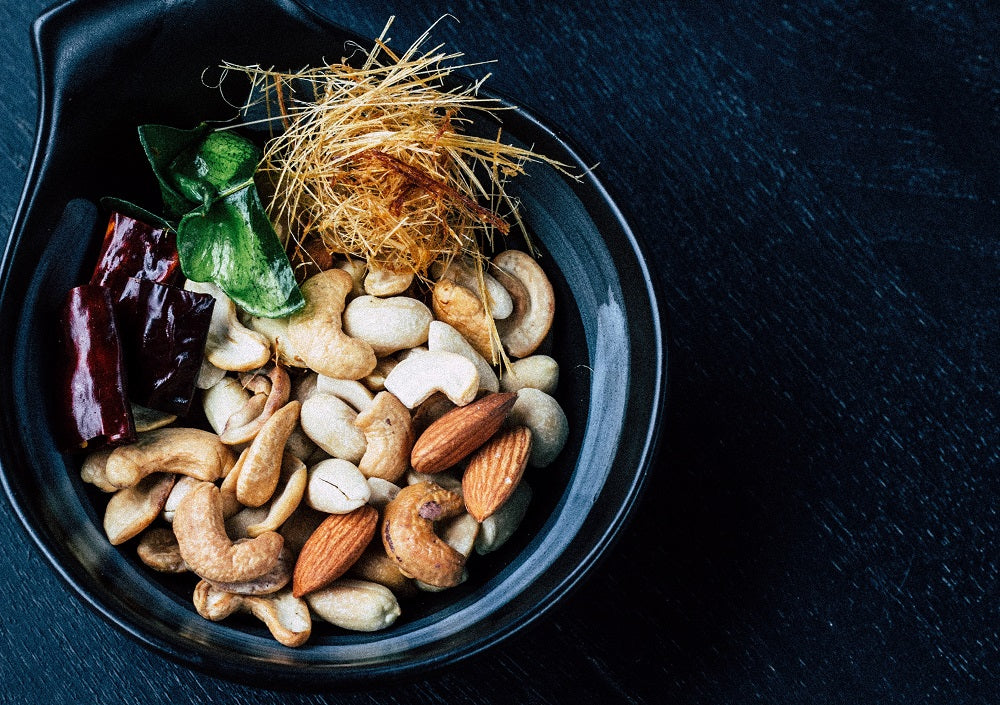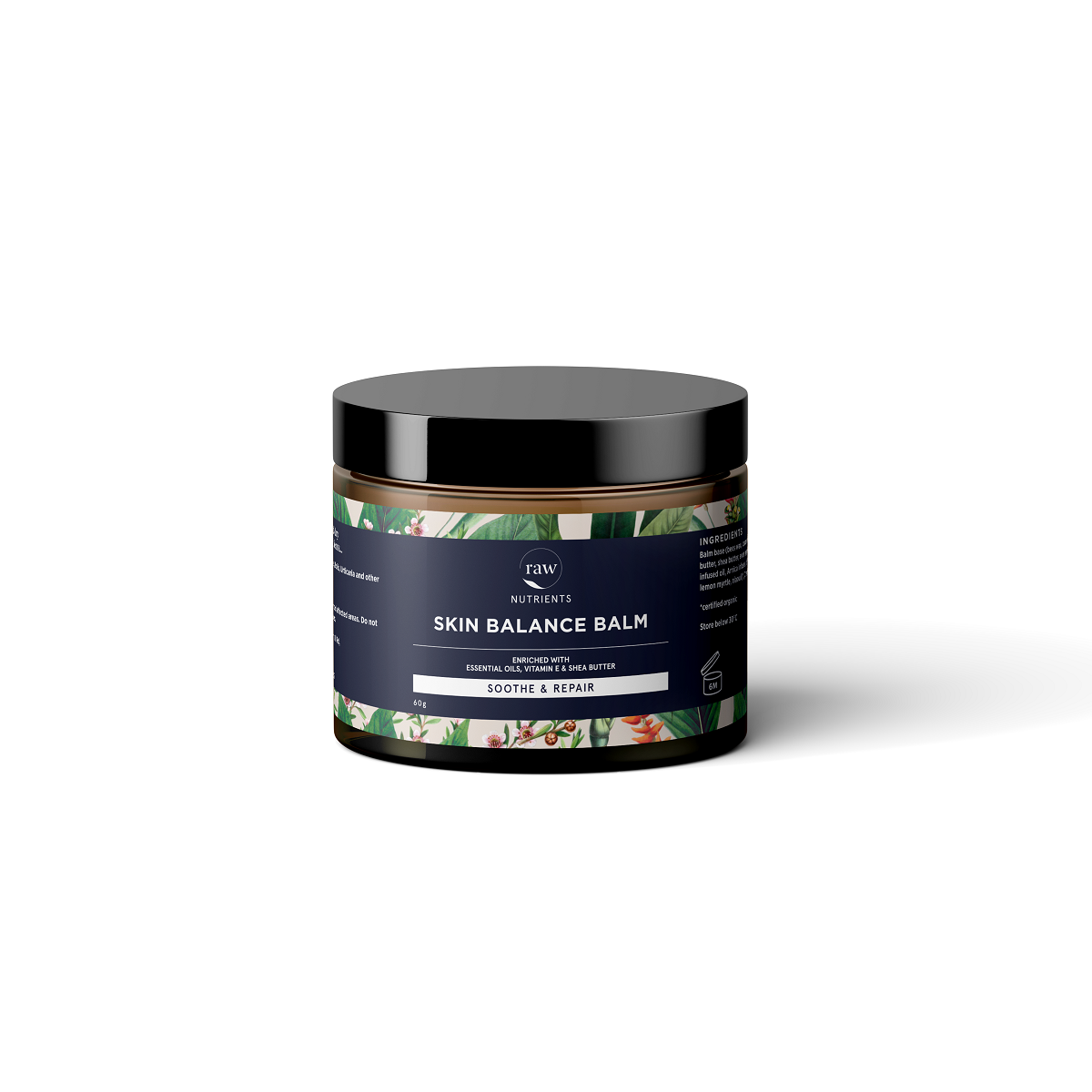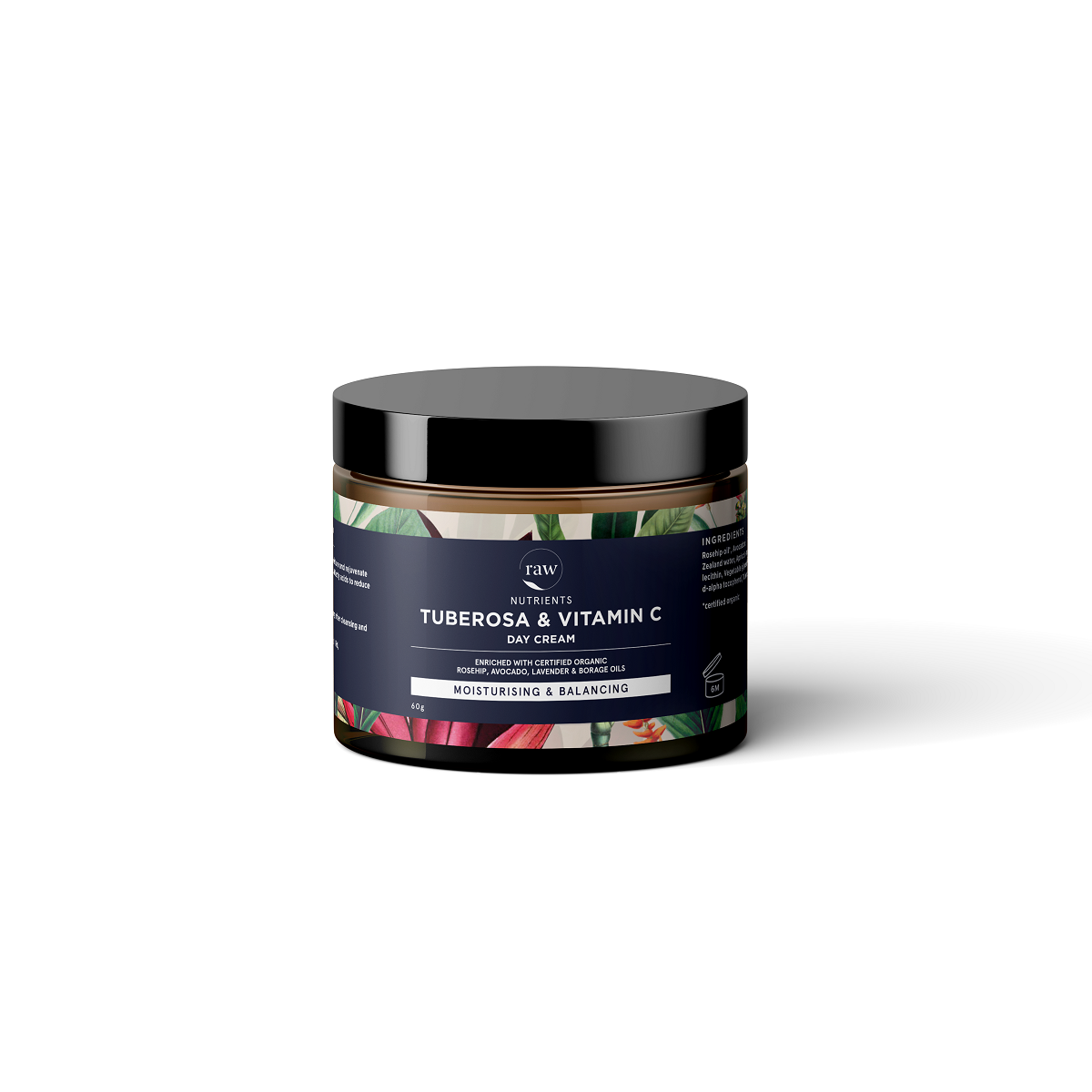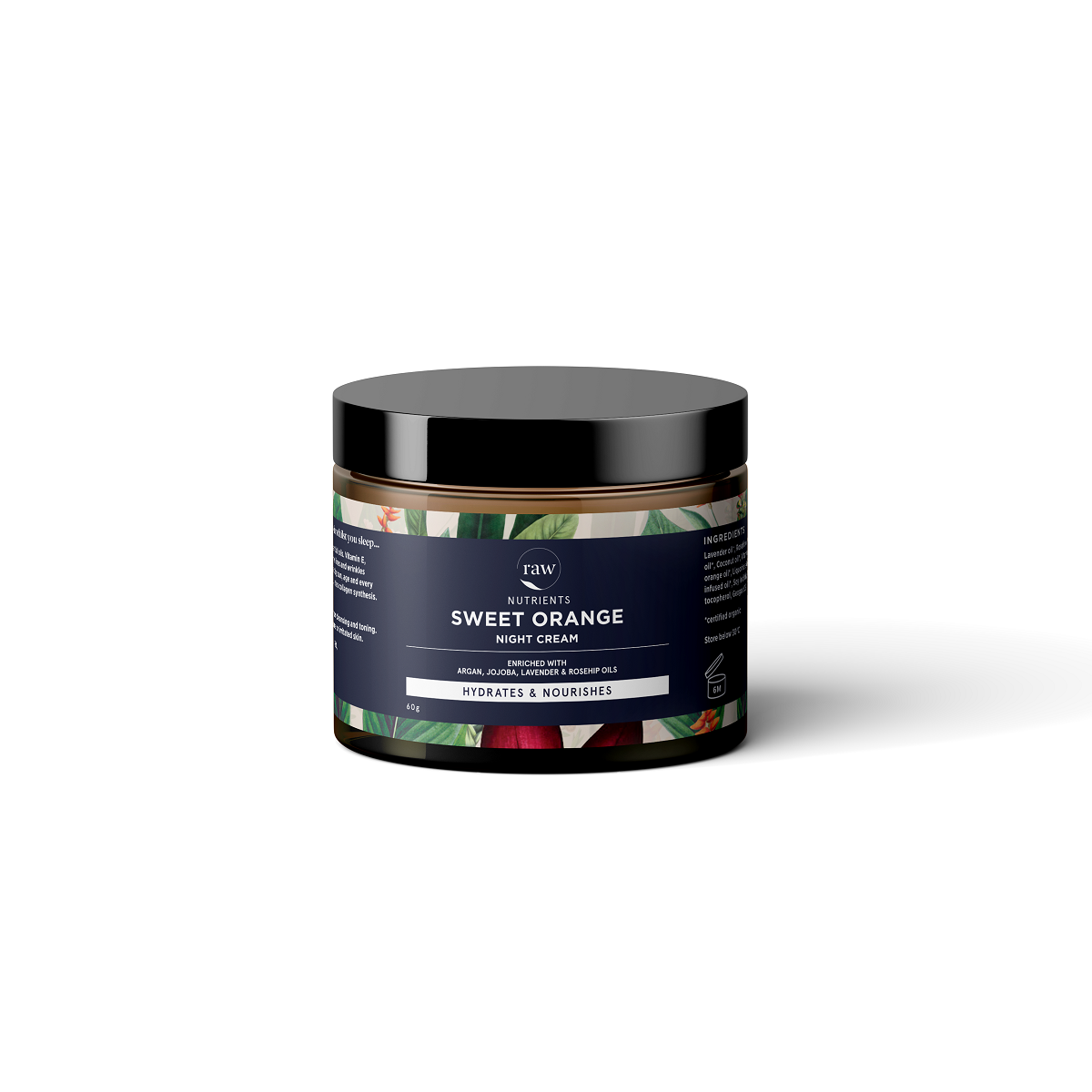-

Think about zinc!
Zinc plays many important roles in your body. This essential dietary mineral is involved in metabolism processes, hel...
-

Magnesium; Are We Consuming Enough?
There is widespread magnesium deficiency, and given the importance of magnesium in the body, it is but essential to r...
-

Probiotics; When & how do they work best?
Your gastrointestinal system comprises different microorganisms. The gut bacteria play a vital role in the health and...
-

Vitamin C; How does it benefit wellness?
Vitamin C has gained popularity as an antioxidant. However, research claims that it can act as both an antioxidant an...

Think about zinc!
Zinc plays many important roles in your body. This essential dietary mineral is involved in metabolism processes, helps with reproduction, and supports immune functioning and wound healing. Zinc helps with the metabolism of protein and nucleic acid. Zinc deficiency may be inherited in the form of absorption problems. Since the mineral is not synthesized in the body, adequate amount of dietary intake is recommended.
Causes of Zinc Deficiency
- Increased loss through sweat.
- Insulin resistance may reduce zinc levels.
- Reduced dietary intake of the mineral.
- Inadequate absorption.
- Increased utilization.
Deficiency
Zinc is a mineral for fighting off infections. Although the body does not require large amounts of zinc, its deficiency could cause a number of problems, especially because it is not stored in the body. Poor dietary intake is the primary cause of a zinc deficiency.
The mineral is responsible for cell production. It plays an important role in healing injuries and DNA formation. A lack of zinc in your diet may cause side effects. This includes a reduced sense of smell and taste. Zinc deficiency may be responsible for hair loss and lack of concentration.
Zinc deficiency in infants may cause growth and developmental problems. Men may suffer from hypogonadism and impotence due to zinc deficiency. Besides, it is linked to depression, mental weakness, depression, and skin abnormalities. In diabetics, deficiency can worsen insulin resistance. If you are deficient in zinc, cell regeneration could be a problem in the body.
Different forms of zinc and the level of elemental zinc by weight.
- Zinc monomethionine - 21% zinc (weight)
- Zinc gluconate - 13% zinc
- Zinc citrate - 34% zinc
- Zinc sulfate - 22% zinc
Other minerals tend to hinder Zinc’s intestinal uptake and absorption rates might be affected. The reason is that iron, calcium, and magnesium use the same transporter.
Zinc supplementation
Most meat products are rich in zinc. However, vegetarians and vegans can find traces of the mineral in whole grains, vegetables, legumes, low-fat dairy, and soy. However, zinc may interact with certain antibiotics and diuretics, making absorption difficult in the body.
Acne - Orally supplemented zinc is used in acne treatment. Zinc is used in both elemental and salt forms as a therapy for topical applications. Calamine, zinc oxide, and zinc pyrithione are believed to be soothing and calming agents. It is increasingly being used in the treatment of dermatological conditions, inflammatory dermatoses, skin infections, pigmentary disorders, and even basal cell carcinoma.[1]
Insulin – Zinc deficiency could cause insulin resistance in obese people. Research finds that zinc supplementation stimulates insulin secretion while improving insulin sensitivity in obese individuals.[2]
Limited research also finds a reduction in blood glucose along with improvements in insulin sensitivity in obese and zinc deficient individuals.
Depression –Zinc supplementation could benefit people with depression symptoms. Well powered clinical studies prove that zinc could have a positive effect as a potential therapeutic option for psychotic symptoms.
Additionally, a correlation is found between zinc dysregulation and neurological and psychiatric problems and thus supplementation is believed to have a healing effect.[3]
Common cold – Zinc could play an important role in reducing the severity and duration of cold symptoms. Research concludes that zinc supplementation for five months had a positive effect in reducing the incidence of common cold.[4]
Testosterone - Zinc deficiency is associated with low testosterone in men. Zinc supplementation is believed to improve testosterone. Oral zinc supplementation may play a role in improving spermatogenesis.[5]
Viral warts – A dermatological problem, viral warts could benefit from zinc supplementation. A study concludes that regular supplementation with zinc sulphate could be a highly efficacious therapeutic treatment for recalcitrant viral warts. Additionally, there are no or little side effects.[6]
Aggression - Aggressive symptoms are believed to be reduced with zinc supplementation. Additionally, it may help with an improvement in overall mood.
Cognition - Zinc deficiency may adversely affect cognitive development, resulting in attention problems and issues with motor development. Research finds that zinc is crucial for neurogenesis and zinc deficiency could cause problems with neurotransmission. The result could be neuropsychological behaviour. Research concludes that maternal intakes of zinc by expectant mothers and nursing women is linked to decreased motor development and inattention in neonates. However, zinc supplementation helps with better motor development and improved neuropsychological functions.[7]
Iron absorption – An individual deficient in zinc might face problems with iron absorption. Research claims that baseline zinc deficiency might affect the absorption of iron and supplementation of zinc might improve the outcome of iron therapy in zinc deficient people. Besides, zinc helps with the intestinal absorption of iron. That means the alternate supplementation of zinc and iron with a time gap might play a role in improving the response to iron therapy.[8]
Liver cirrhosis- Supplementation of zinc might have a therapeutic effect in people diagnosed with liver cirrhosis. Lt could influence a positive clinical outcome in patients.[9]
Stroke - Zinc supplementation could speed up the rate of recovery in people with zinc deficiency who have recently had a stroke.[10]
Zinc deficiency is not too common. However, people observing strict diets could be at a high risk of zinc deficiency. This includes people with malabsorption problems. It is important to relish foods rich in zinc. Zinc supplements could help a patient with severe zinc deficiency and health risks. Treatment can help improve symptoms significantly.
References
[1] Gupta, M., Mahajan, V. K., Mehta, K. S., & Chauhan, P. S. (2014). Zinc therapy in dermatology: a review. Dermatology research and practice, 2014, 709152. https://doi.org/10.1155/2014/709152
[2] Cruz, K. J., Morais, J. B., de Oliveira, A. R., Severo, J. S., & Marreiro, D. D. (2017). The Effect of Zinc Supplementation on Insulin Resistance in Obese Subjects: a Systematic Review. Biological trace element research, 176(2), 239–243. https://doi.org/10.1007/s12011-016-0835-8
[3] Petrilli, M. A., Kranz, T. M., Kleinhaus, K., Joe, P., Getz, M., Johnson, P., Chao, M. V., & Malaspina, D. (2017). The Emerging Role for Zinc in Depression and Psychosis. Frontiers in pharmacology, 8, 414. https://doi.org/10.3389/fphar.2017.00414
[4] Singh, M., & Das, R. R. (2011). Zinc for the common cold. The Cochrane database of systematic reviews, (2), CD001364. https://doi.org/10.1002/14651858.CD001364.pub3
[5] Liu, Y. L., et.al. Hypogonadotropic Hypogonadism Intervention Study (HHIS) Group (2017). The effectiveness of zinc supplementation in men with isolated hypogonadotropic hypogonadism. Asian journal of andrology, 19(3), 280–285. https://doi.org/10.4103/1008-682X.189621
[6] Al-Gurairi, F. T., Al-Waiz, M., & Sharquie, K. E. (2002). Oral zinc sulphate in the treatment of recalcitrant viral warts: randomized placebo-controlled clinical trial. The British journal of dermatology, 146(3), 423–431. https://doi.org/10.1046/j.1365-2133.2002.04617.x
[7] Bhatnagar, S., & Taneja, S. (2001). Zinc and cognitive development. The British journal of nutrition, 85 Suppl 2, S139–S145. https://doi.org/10.1079/bjn2000306
[8] Kondaiah, P., Yaduvanshi, P. S., Sharp, P. A., & Pullakhandam, R. (2019). Iron and Zinc Homeostasis and Interactions: Does Enteric Zinc Excretion Cross-Talk with Intestinal Iron Absorption?. Nutrients, 11(8), 1885. https://doi.org/10.3390/nu11081885
[9] Grüngreiff, K., Reinhold, D., & Wedemeyer, H. (2016). The role of zinc in liver cirrhosis. Annals of hepatology, 15(1), 7–16. https://doi.org/10.5604/16652681.1184191
[10] Ahmadi Ahangar, A., Saadat, P., Niroomand, S., Alijanpour, S., Sohrabnezhad, R., Firozejahi, A., Biani, M. A., Arab, F., Hosseinzadeh, H., Faraji, S., & Niroomand, J. (2018). Increased Zinc Serum Level: New Clues in Babol Stroke Patients, Northern Iran. Stroke research and treatment, 2018, 7681682. https://doi.org/10.1155/2018/7681682
You might be interested in...
Raw Resources
Read About the Science Behind the Supplements






